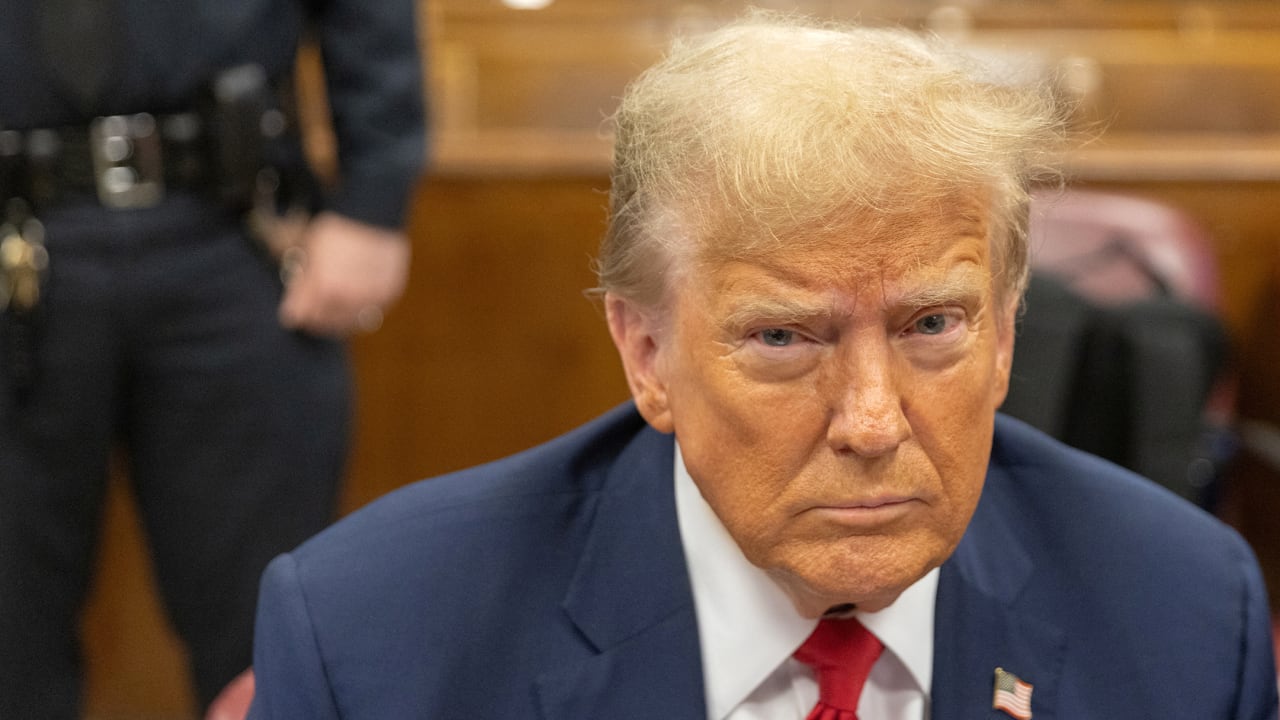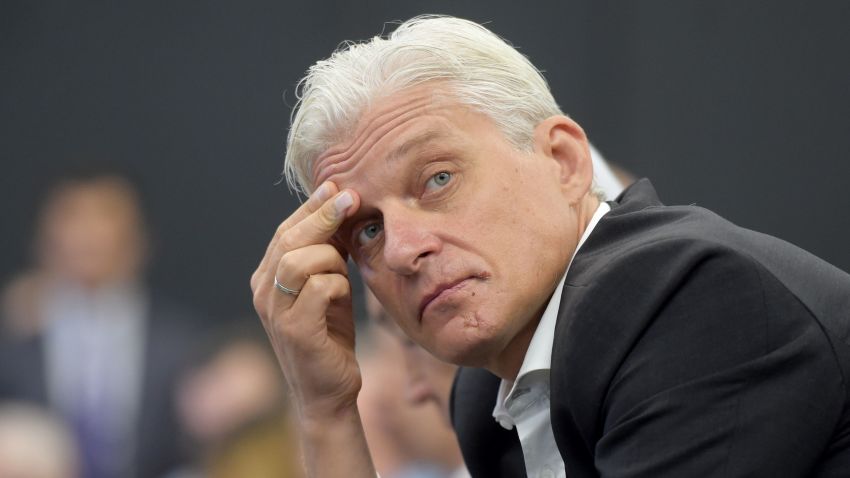The Ukrainian military said that Russian forces continue to carry out artillery and rocket attacks throughout the front lines, stretching from Kharkiv in the north to Zaporizhzhia in the south. Altogether, it said, more than 50 settlements were hit from Sunday to Monday night.
In the east: Parts of the Donetsk region were among those hardest hit, with Soledar, Vuhledar and Bakhmut districts coming under fire. Ukrainian forces still hold Bakhmut, but along with settlements to the east and south, it is under daily attack.
The Ukrainian military’s General Staff also reported heavy shelling in areas to the west of the city of Donetsk that have been contested for several months.
It said the Russians continue to shell recently liberated parts of Kharkiv and Luhansk, where Ukrainian forces have been edging forward toward Russian resupply routes. Several settlements in Kharkiv region close to the Russian border were also shelled, it said.
Further south, Ukraine appears to have targeted a Russian military headquarters in the town of Volnovakha in Donetsk region with long-range rockets.
Yurii Mysiagin, the deputy head of parliamentary committee on national security, intelligence and defense, said it was reported that the Akhtamar hotel on the Mariupol-Donetsk highway, where Chechen forces were based, was hit.
The local Russian-backed authorities in Donetsk confirmed the building was destroyed but gave no further details.
In the south: As Ukrainian forces try to push further into the southern region of Kherson, the Russians continue to respond with shelling by tanks and artillery across a wide area, according to the General Staff. Several settlements in Zaporizhzhia came under fire, and the city of Mykolaiv was also hit again on Monday night. Two S-300 missiles struck the city, and one residential building was demolished. One woman was reported killed by the mayor’s office.
The General Staff echoed the comments of regional officials that in Kakhovka, on the Dnieper river, “citizens living in apartments along the banks of the Dnipro are forcibly evicted from their homes.”
It said Russian forces were building fortifications and laying “mine-explosive barriers around civilian housing.”
Ukrainian officials said that rather than leave the west bank in Kherson, Russian units appear to be digging in.






